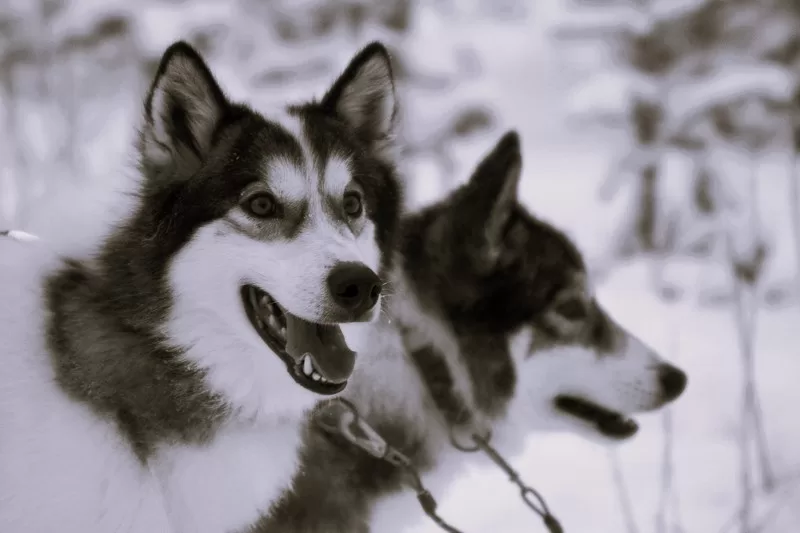At five-thirty on Friday morning, Bernice had the water and oatmeal boiling, bacon strips laid out in the skillet, and the dogs in their kennels fed. She was using the last of the tongue to make sandwiches for her husband’s and sons’ lunches, which she’d put into black barn-shaped lunchboxes with thermoses of coffee, wedges of cheese, and a Tupperware dish of canned pears. She wore a pink housedress, a frayed terrycloth bathrobe, fur lined boots, and the old coat...

